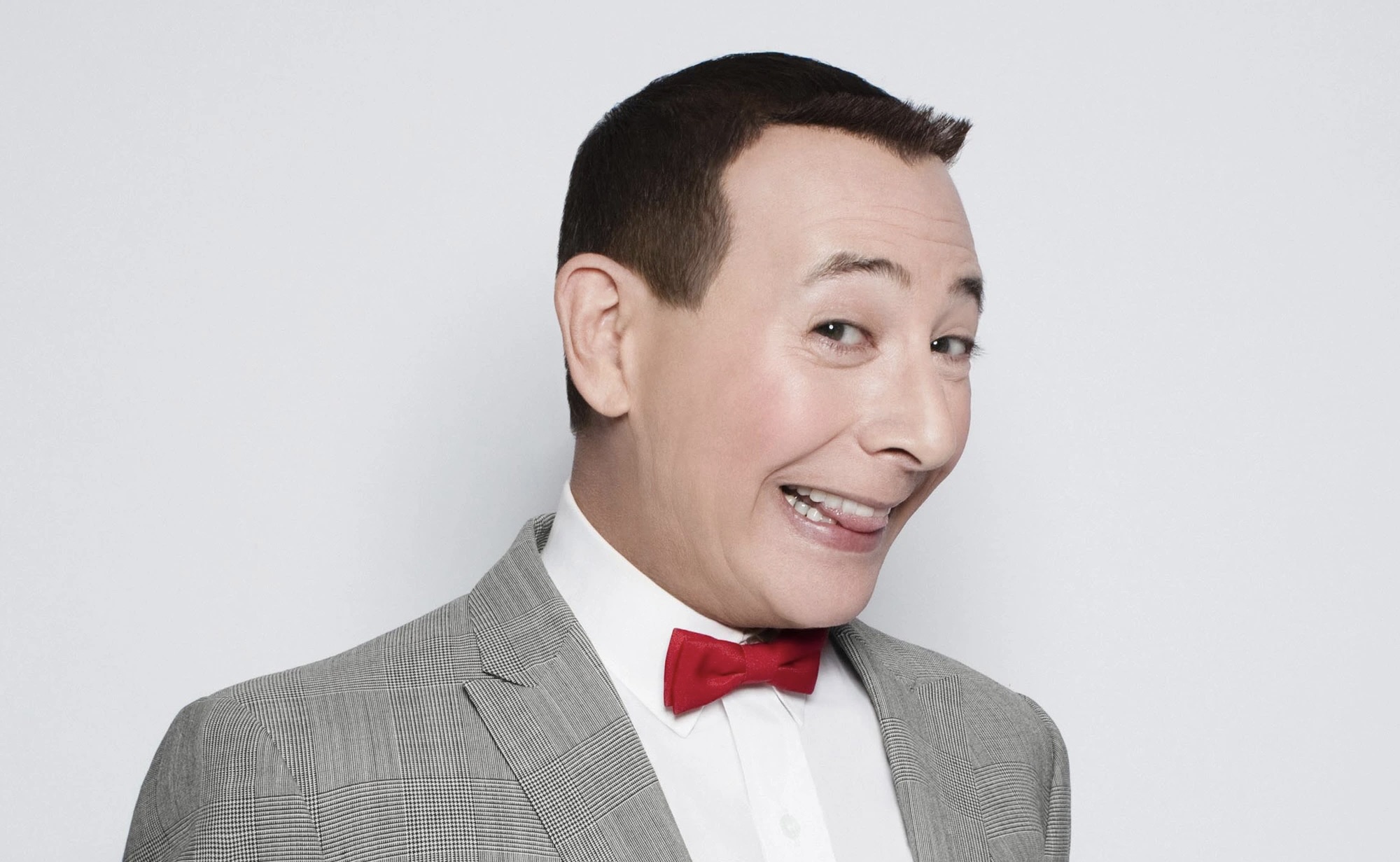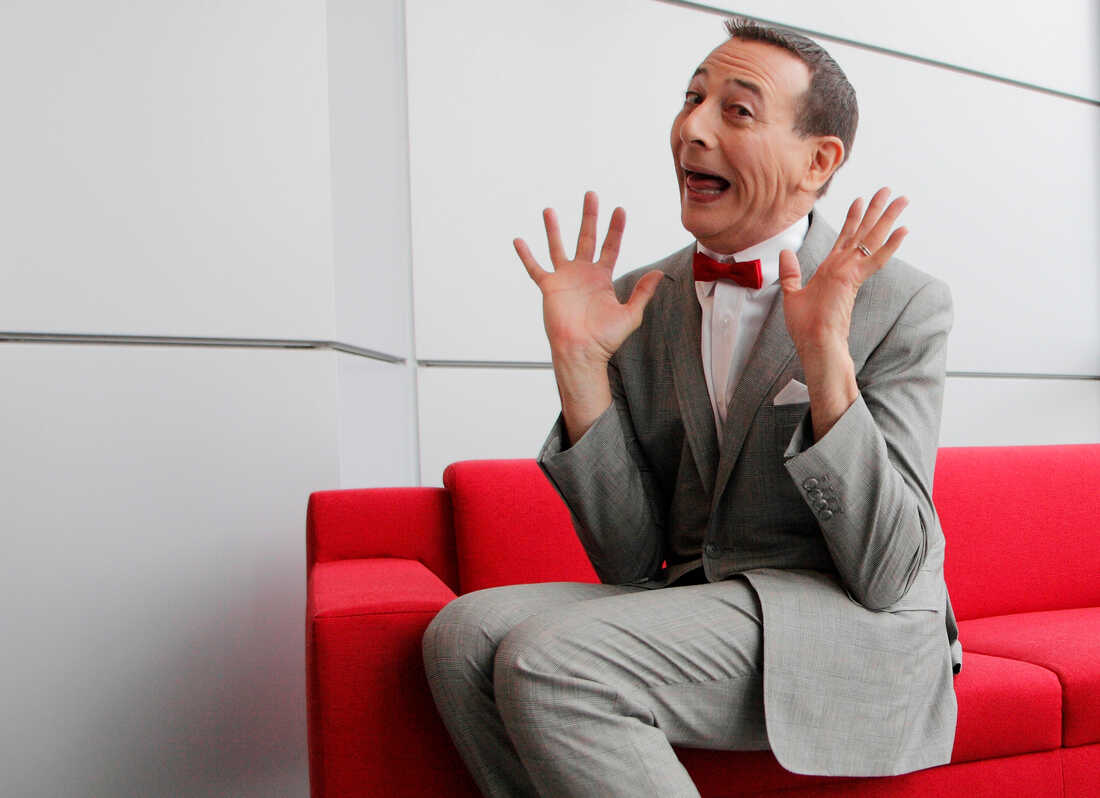Could the vibrant world of entertainment truly dim with the passing of an icon, leaving behind a legacy etched in laughter and unforgettable moments? The recent news of Paul Reubens' death, a figure synonymous with whimsical charm, has indeed cast a shadow, prompting a reflection on a life lived boldly and a career that redefined the boundaries of comedic expression.
The announcement, disseminated through Reubens' official Instagram page, confirmed the heartbreaking truth: the beloved entertainer, known the world over for his creation, Pee-wee Herman, had passed away. This news, arriving on July 30th, sent ripples of sadness throughout the entertainment industry and among his devoted fans, many of whom had grown up with the childlike wonder and playful antics that defined his persona. The news served as a stark reminder of mortality, even for those who seemed to defy the passage of time with their enduring presence.
| Paul Reubens: A Life in the Spotlight | |
|---|---|
| Full Name: | Paul Rubenfeld |
| Born: | August 27, 1952, in Peekskill, New York |
| Died: | July 30, 2023, Los Angeles, California |
| Age at Death: | 70 |
| Nationality: | American |
| Known For: | Creating and portraying Pee-wee Herman, a comedic character known for his quirky personality and unique style. |
| Career Highlights: | The Pee-wee Herman Show (stage), Pee-wee's Playhouse (television), Pee-wee's Big Adventure (film), numerous film and television roles. |
| Cause of Death: | Cancer (Undisclosed for several years) |
| Controversy: | Arrested for indecent exposure in an adult theater in Sarasota, Florida, in 1991. |
| Legacy: | A significant influence on comedy and children's entertainment, with a lasting impact on popular culture. |
| Reference: | IMDB |
The statement issued by Reubens estate provided a glimpse into the final years of his life, revealing a private battle with cancer that he had courageously fought for several years. He had, according to those close to him, been battling two types of cancer. This information came as a surprise to many, given Reubens' public persona of boundless energy and humor. It was a testament to his determination to maintain a positive outlook, even in the face of adversity, keeping his struggle private. This resonated with the audience as he kept them smiling till the end.
In a subsequent statement released after his passing, Reubens himself addressed his fans, offering an apology for not having disclosed his health struggles earlier. He explained that he had been facing his illness for the last six years. This act of vulnerability, even in death, further endeared him to his fans, highlighting his honesty and the deep connection he felt with his audience. It was a poignant reminder of the human side of a performer who had, for so long, embodied pure, unadulterated joy.
The impact of Reubens' passing extends beyond the immediate shock of his death. It prompts a deeper reflection on the nature of celebrity, privacy, and the legacies that individuals leave behind. Reubens' choice to keep his illness private, a decision made with careful consideration, fueled conversations. While some felt it was important to share, others understood and respected his right to choose how he managed his own affairs.
His creation, Pee-wee Herman, became a cultural phenomenon. The character was instantly recognizable. From the iconic red bow tie and gray suit to the exuberant laugh and boundless curiosity, Pee-wee Herman captured the imagination of audiences across generations. He was a beacon of childlike wonder in a world that often seemed to demand conformity. The world was filled with his catchphrases like "I know you are, but what am I?" and "AAAAAHHHHH!", were instantly recognizable and endlessly quotable.
Reubens' professional journey was marked by moments of brilliant success and difficult challenges. His rise to fame was meteoric. The stage show, "The Pee-wee Herman Show," developed into a television series, "Pee-wee's Playhouse," which became a Saturday morning staple, known for its vibrant set design, surreal humor, and eclectic cast of characters. The show broke the mold of children's programming, appealing to adults with its subversive wit and unique aesthetic, thus creating a cult following.
The film "Pee-wee's Big Adventure," directed by Tim Burton, cemented Reubens' status as a comedic icon. The film was a box office hit, further expanding Pee-wee's reach and popularity. It became a touchstone for moviegoers, influencing subsequent generations of filmmakers and comedians. It remains a testament to the power of imagination and the enduring appeal of the underdog. In a sea of conventional narratives, "Pee-wee's Big Adventure" provided something genuinely different, something memorably eccentric.
However, Reubens' career was also punctuated by challenges. The arrest for indecent exposure in an adult theater in Sarasota, Florida, in 1991, significantly impacted his public image. The ensuing controversy led to professional setbacks and a period of personal reflection. He took time away from the spotlight. Nevertheless, Reubens displayed resilience and a commitment to rebuilding his career. He continued to work in television and film, often appearing in roles that demonstrated his versatility as an actor.
Reubens death, coming after a period of quiet reflection and creative resurgence, served as a reminder of his unwavering talent and lasting impact. His choice to maintain privacy throughout his illness offered a glimpse into his personal life and allowed him to face the difficult battle on his terms. This privacy, while perhaps surprising to some, was a reflection of his deep connection to his fans. He understood the importance of honoring his legacy while respecting the sanctity of his personal life.
The news of Reubens' death was quickly met with an outpouring of tributes from fellow celebrities, fans, and industry professionals, all paying homage to his contributions to entertainment. These tributes underscored the breadth of his influence. They recognized his impact on comedy, children's programming, and popular culture as a whole.
Stephanie Wenger, a TV writer and reporter at People, was among the many who covered the story, further amplifying the news and providing context for the widespread reaction. The coverage in publications like the Los Angeles Times, which was also a source of information about the tragedy, allowed people to access accurate and detailed reports. These reports provided essential insights into his life and career.
The comparisons to other figures in the entertainment world, like Hall of Fame shortstop Pee Wee Reese, who died at age 81, as reported by the Associated Press and the Los Angeles Times, provide a broader context for understanding the passage of time and the impact of public figures on society. While Reese's contributions were in a different arena, his legacy, like Reubens', remains significant.
Reubens decision to keep his cancer diagnosis private also raised critical questions about the responsibilities of public figures. It sparked debate about the right to privacy and the extent to which celebrities owe their audiences. It encouraged introspection, leading people to consider the delicate balance between a public persona and a personal life.
Paul Reubens life and legacy provide enduring lessons about creativity, resilience, and the power of embracing individuality. His work as Pee-wee Herman continues to bring joy to new generations. His impact on the world of entertainment remains undeniable. As the world reflects on his passing, it is clear that Paul Reubens has left a lasting mark, ensuring his work will continue to be celebrated for years to come. His contributions, from the quirky antics of Pee-wee to his willingness to embrace his own unique vision, demonstrate that authenticity, even in its most eccentric forms, has the power to resonate deeply and permanently.
The announcement also prompted discussions about the importance of early detection and awareness surrounding cancer. The fact that Reubens had battled cancer privately for several years, a testament to the insidious nature of the disease, highlights the need for open conversations and proactive healthcare measures. It is a reminder that even those who bring so much joy to the world are not immune to life's challenges.


